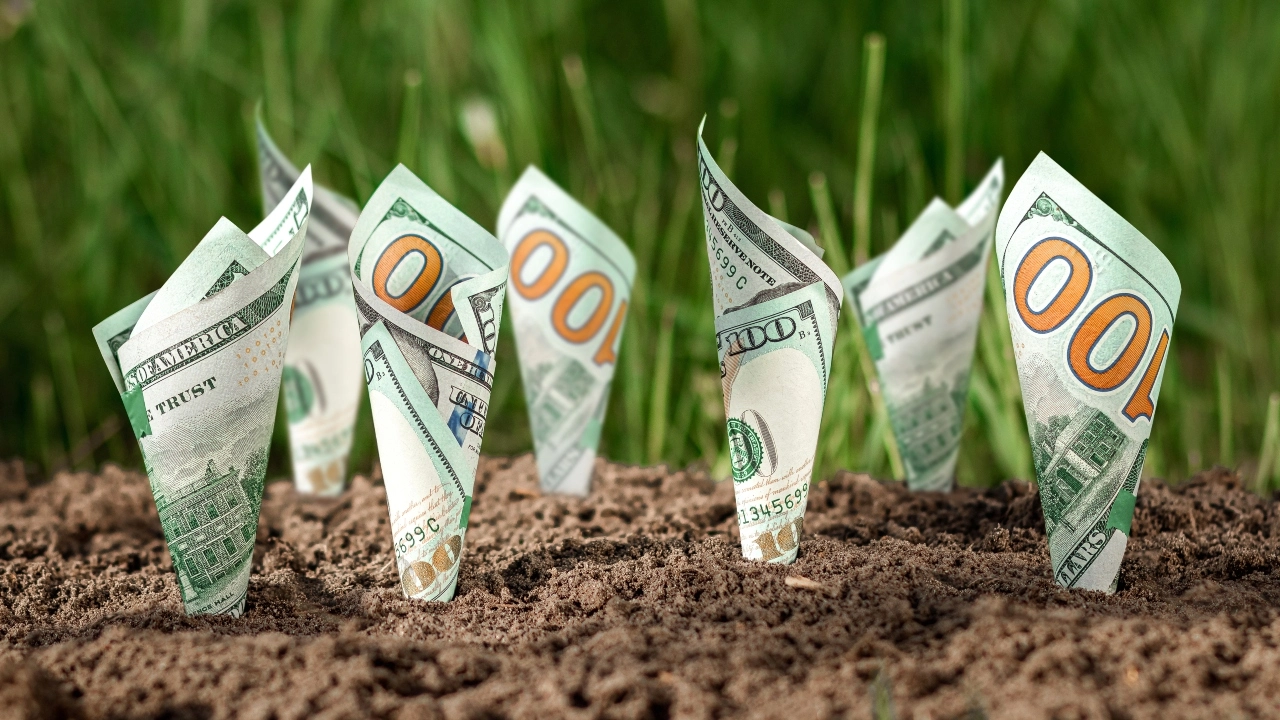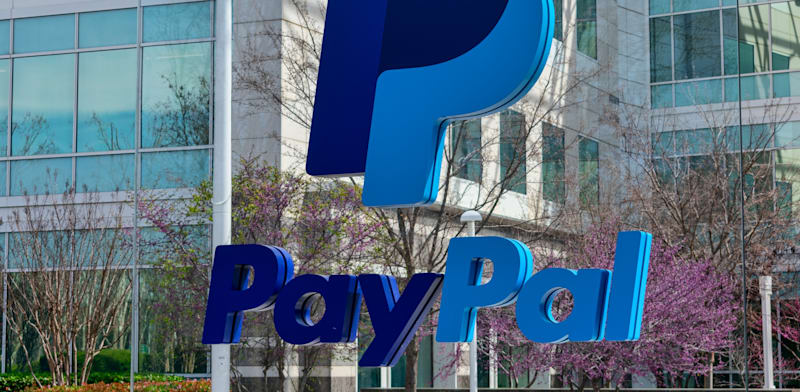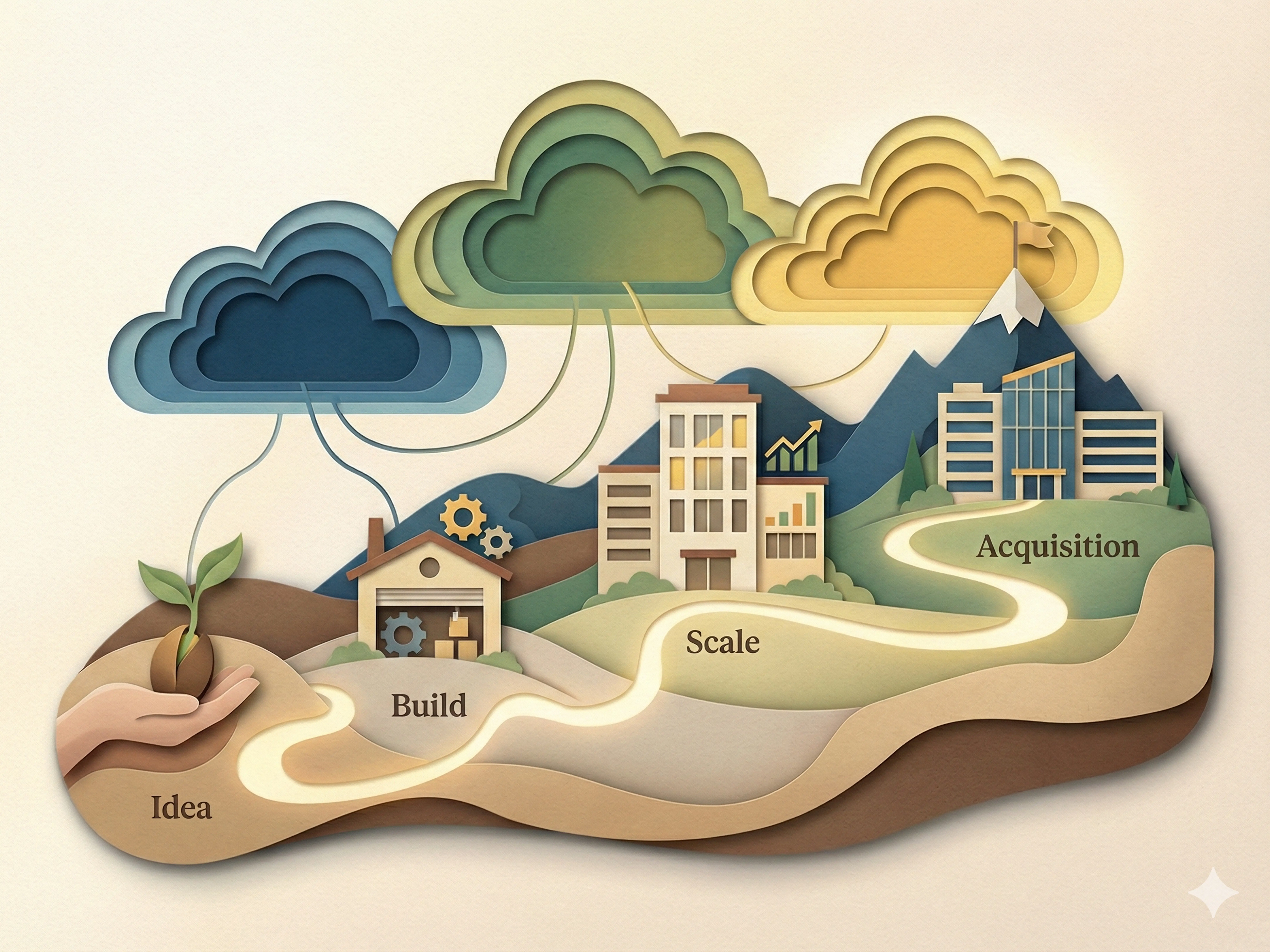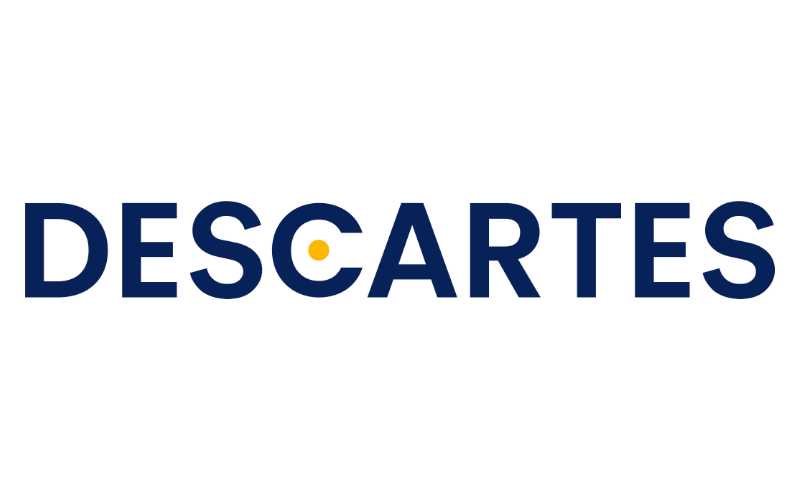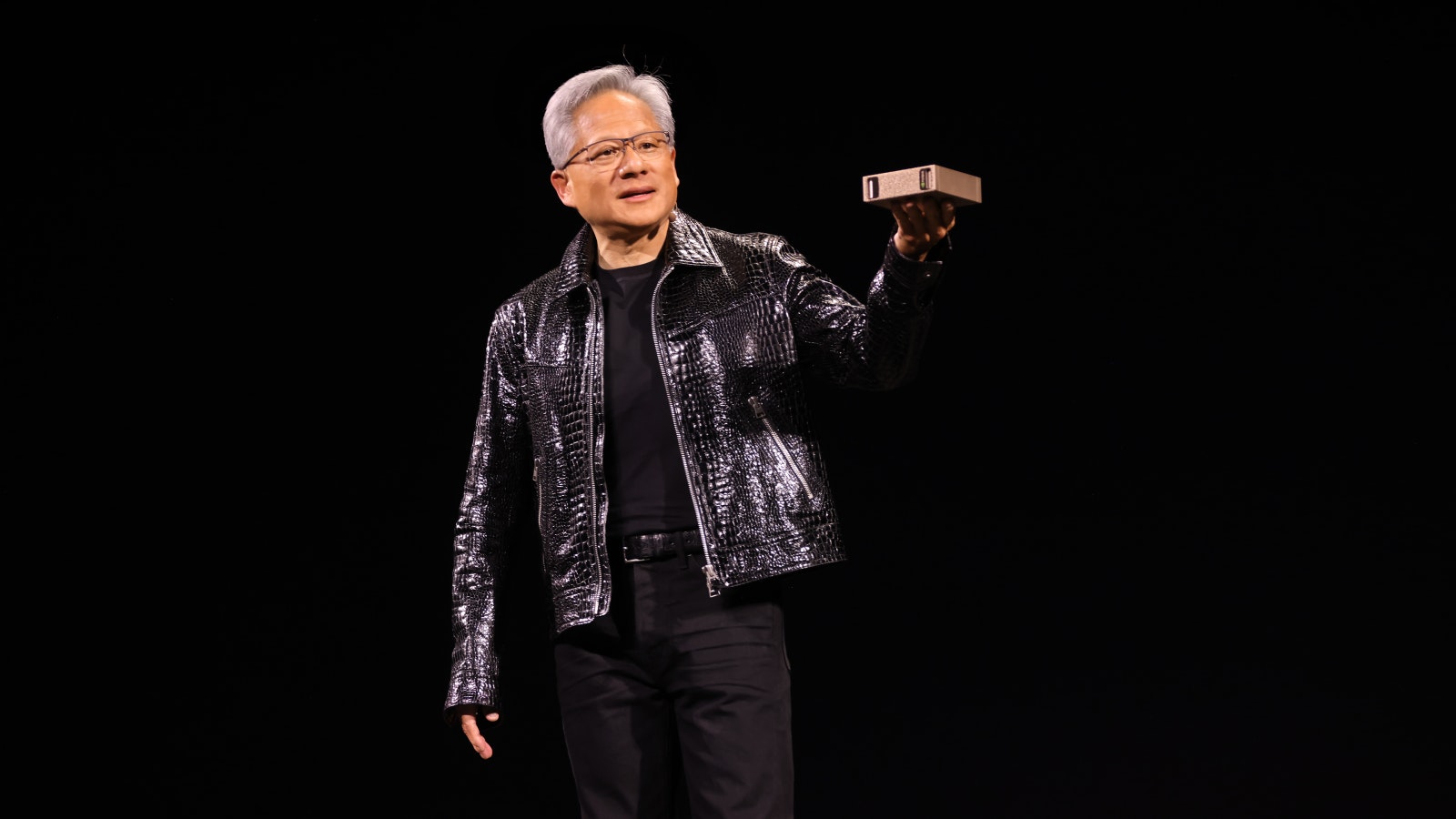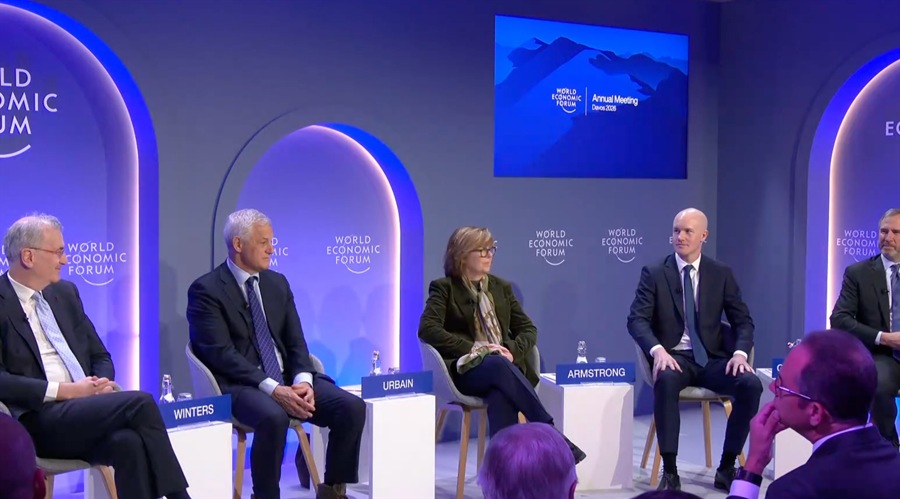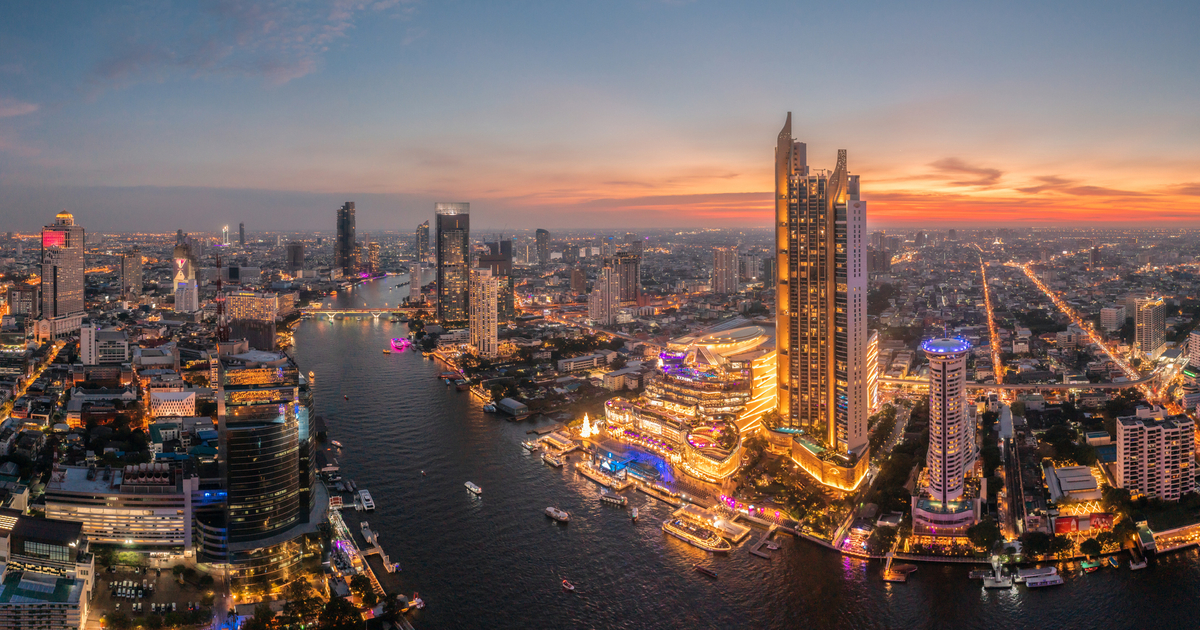The Thailand-headquartered Eastern Polymer Group (EPG) is an integral part of the supply chains of some of the world’s leading businesses. The conglomerate operates across several lines of business: thermal insulation from Aeroflex; auto parts and accessories from Aeroklas, and plastic and packaging through Eastern Polypack.
Established in 1978, EPG is currently walking the line between running a profitable enterprise, while also doing right from a corporate perspective. It has committed to net zero greenhouse gas emissions by 2042 — a crucial decision considering the spread of the conglomerate’s business, with operations across the world.
A global focus
EPG has set itself a growth target of THB 20,000 million (approximately US$587 million) in the next five years — the current revenue stands at around THB 13,000 million (approximately US$382 million) with a 10% expansion expected over the next year.
Aeroklas currently contributes 49% to the group’s revenue and is slated to grow 10% with the expansion in production of its core offering. The company is also working on the year-on-year performance of its Australia operation.
For the fiscal year ending March 2024, Aeroflex is expected to grow 10% across the US and domestic operations. The Ethylene Propylene Diene Monomer (EPDM) insulation product from Aeroflex is seeing strong traction in the US, while Japan has emerged as a leading market in APAC. Increasing Aeroflex’s production in the USA has given growth a fillip. Operating at a lower base, EPP is estimated to grow between 10% and 12%. EPG has invested to debottleneck its production capabilities.
Speaking about EPG’s overseas expansion, Pawat Vitoorapakorn, vice chairman, CEO and deputy CEO of R&D business said, “Our JV in India (AAI) is a bright spot that has provided good equity sharing. South Africa is a pending opportunity — we expect production to ramp up soon.”
Among the trends to have positively impacted EPG’s bottomline is higher energy prices which has resulted in an increase in demand for insulation products. The company made a well-timed switch to solar panels just before a rally in energy rates. Vitoorapakorn said, “It has saved us around THB 100 million a year.”
Ongoing geopolitical tensions have caused fluctuations in the supply chain, with the price of oil adversely affecting the production of polymer plastic. As a result, research and development are more important than ever before. EPG is spending 2% of its revenue from sales in both direct and indirect funding of R&D. Vitoorapakorn said, “We established EPG Innovation Centre (EIC) as a central R&D unit. In addition, each business unit has its own in-house R&D function.”
A measured embrace of ESG
EPG has built its drive towards ESG on the pillars of creating products and services; building an innovative organisation; and partnerships that will create sustainable businesses by creating shared value among stakeholders.
Trends that are driving EPG to embrace ESG include the rising popularity of EVs in APAC. Vitoorapakorn said, “Our major market (one-ton pick-up trucks) will take longer than passenger cars and SUVs to transit into full EV mode. But as a lightweight automotive parts and accessories specialist, Aeroklas is working very closely with automakers to expand into this space. Our current core products have a proven history of reducing the weight of a vehicle after installation. This is ideal for EV to lower the burden on battery usage.”
The company has been contending with questions around its core products — polymers and their sustainability in relation to other materials. Vitoorapakorn said, “At EPG, we believe in a circular economy and that polymers can have many lives, getting transformed into new products multiple times.” EPG has been applying the principles of reduce, reuse, and recycle, utilising scrap and trimmed out material in the production process.
To ensure that sustainability becomes ingrained in the organisation, EPG has taken several steps. Vitoorapakorn said, “We emphasise sustainability, not just from a PR perspective but from the point of view of long-term growth.” The working team on sustainability includes representatives from each business unit, as well as IT, HR, finance, internal audit, and the office of the president. Vitoorapakorn said, “The team accumulates ESG operating data, and discusses whether we have accomplished our goals. We need this feedback to evaluate our performance. We share the results internally and externally, both for disclosure and to improve over the next year.”
Vitoorapakorn concluded, “Businesses large or small should be held responsible for the emission of greenhouse gases. By aiming for net zero, we are not just doing the right thing. We see a business opportunity in helping others achieve net zero, using our products.”
¬ Haymarket Media Limited. All rights reserved.








